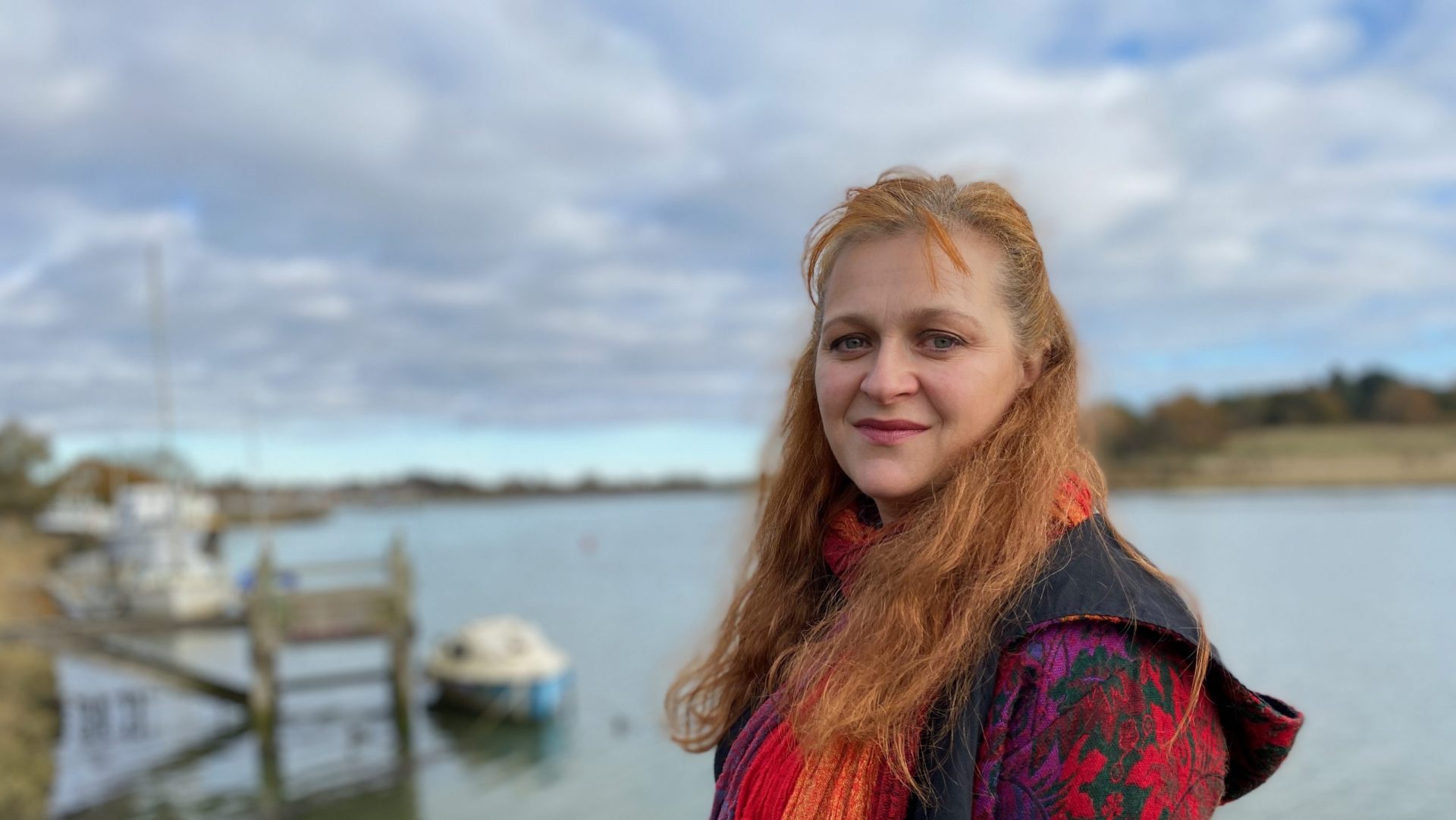I’m a proud autist and mother to three other autists, and I spend a lot of my time both professionally and personally trying to educate people about what being autistic really means.
I advocate for better understanding and support, so that we autists can be ourselves, and lead the lives that we wish to, without having to overcome the judgement and discrimination that stems from the many misconceptions that are rife in society and the media.
I worked with my first autistic child over 30 years ago and have been involved in projects with autists on and off every since, and my ability to engage with people that others couldn’t was always commented on as impressive by those I worked with.
It seems strange now that in all that time it didn’t occur to me – or anyone else to my knowledge! – that I was autistic, and I only was diagnosed in 2019. But that’s how deep the misunderstandings of autism run – even for those of us that have vast experience in working with autists, and that’s why since then I’ve been on this mission to educate others about what autism really is and how it differs from the misconceptions.
Being able to understand that my way of being was not that of a broken allistic person (allistic = not autistic) but a perfectly ordinary autist has made life a lot easier, even with the many barriers that any neurodivergent person continues to face in society (neurodivergent = having a brain that works differently to society’s perceived “norm”)
Scroll to the bottom of the page for a brief “Autism Misconceptions 101”, and if you’d like to dive more into understanding any of these then you can look at my blog
www.theroyalcircleofautism.co.uk
or follow my Facebook page, where I share the work of many amazing autistic advocates
www.facebook.com/royalcircleofautism

Advocacy in practice:
Writing:
I can be commissioned to write articles or contribute to books, for example I recently contributed the chapter “The Autistic Storyteller” to Dr Nicola Groves book on storytelling and disabilities
Consultancy:
I can be brought in as an consultant for projects and organisations to ensure that neurodivergent friendly practices and understanding are in place. I recently did this for a local charity Jetty Lane and the creative playspaces project, and worked with Family Action on developing a course for parents of neurodivergent children
Talks:
I have given talks which are fun and interactive in schools and can prepare talks for schools, community groups, parents groups and businesses, and offer an ‘Ask an Autist’ session for those that have specific questions

…and here’s my brief “ Autism Misconception Busting 101”
- Autistic people generally prefer Identity First Language (IFL) – “autistic person/autist” over Person First Language (PFL) “person with autism” – because it’s not a separate thing to us, it’s not a disease and it’s not something we need to distance ourselves from
- There are different models of disability: Medical, Charity and Social Model of Disability. Within the social model of disability you can come to understand that the opposite of “disabled” is not “abled”, it’s “enabled”. We are disabled by society and advocacy is just asking to be enabled, just the way society enables non autists
- We’re not ‘all a little bit autistic’ any more than we’re all a little bit pregnant because we got sick one morning and have had swollen ankles! It’s what’s going on inside that makes us autistic, not the outward signs that are just the way neurotypical people spot it.
- It’s a spectrum not a gradient – functioning labels are harmful. “High Functioning” denies autists support, “low functioning” denies autists’ ability. Research shows these phrases don’t have any consistent meaning and are largely inaccurate in describing need
- Stimming (self-stimulating activity such as flapping hands, playing with fidget toys etc) is healthy. Everyone does it as a way of processing their environment (hair twiddling, pen chewing etc) Autists do it more because we take in up to 20% more sensory information than non autists.
- Behavioural/Social Skills training to make us appear more neurotypical is harmful, because it instills there is something wrong with our natural way of being and our innate culture of interaction. Forcing someone to be something they are not as bad for their mental health – we don’t make neurotypicals try to interact like us, so they shouldn’t do it to us.
- “Nothing about us without us”– autists experience should be valued over non-autistic ‘experts’
- Say no to the Puzzle Piece as a symbol of autism – it’s ableist, harmful, and autists have written about this thousands of times and research has shown it contributes to a negative view of autists. Use the infinity symbol that was chosen by autists

